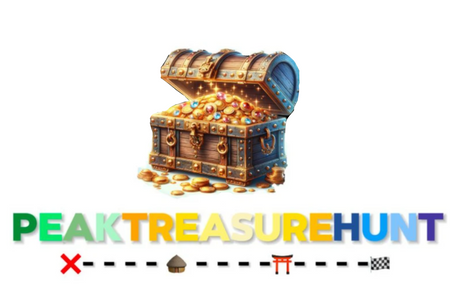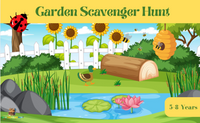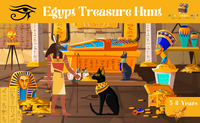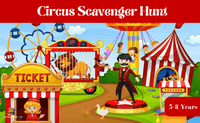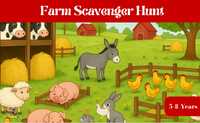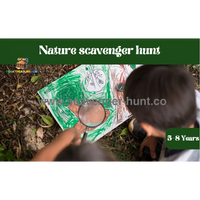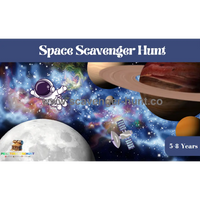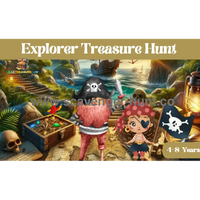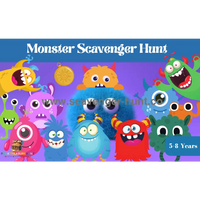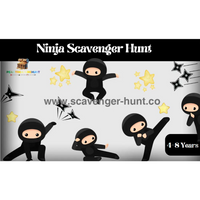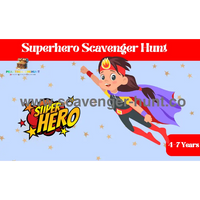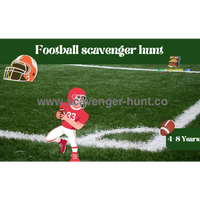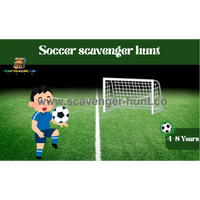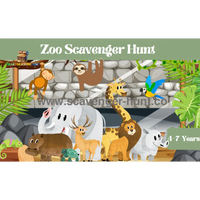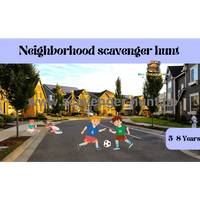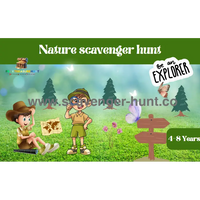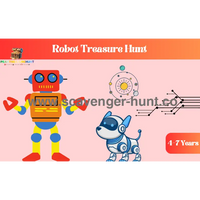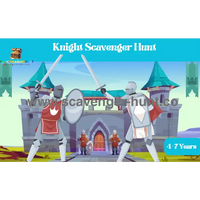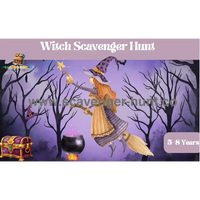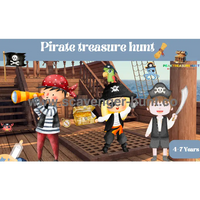Treasure Hunt-Scavenger Hunt
Regular price
€14,95
€14,95
Regular price
€14,95
€14,95
Regular price
€14,95
€14,95
Regular price
€14,95
€14,95
Regular price
€14,95
€14,95
Regular price
€14,95
€14,95
Regular price
€14,95
€14,95
Regular price
€14,95
€14,95
Regular price
€14,95
€14,95
Regular price
€14,95
€14,95
Regular price
€14,95
€14,95
Regular price
€14,95
€14,95
Regular price
€14,95
€14,95
Regular price
€14,95
€14,95
Regular price
€14,95
€14,95
Regular price
€14,95
€14,95
Regular price
€14,95
€14,95
Regular price
€14,95
€14,95
Regular price
€14,95
€14,95
Regular price
€14,95
€14,95
Regular price
€14,95
€14,95
Regular price
€14,95
€14,95
Regular price
€14,95
€14,95
Regular price
€14,95
€14,95
Regular price
€14,95
€14,95
Regular price
€14,95
€14,95
Regular price
€14,95
€14,95
Regular price
€14,95
€14,95
Regular price
€14,95
€14,95
Regular price
€14,95
€14,95
Regular price
€14,95
€14,95
Regular price
€14,95
€14,95
Regular price
€14,95
€14,95
Regular price
€14,95
€14,95
Regular price
€14,95
€14,95
Regular price
€14,95
€14,95
Regular price
€14,95
€14,95
Regular price
€14,95
€14,95
Regular price
€14,95
€14,95
×
This website uses cookies to ensure you get the best experience on our website.
